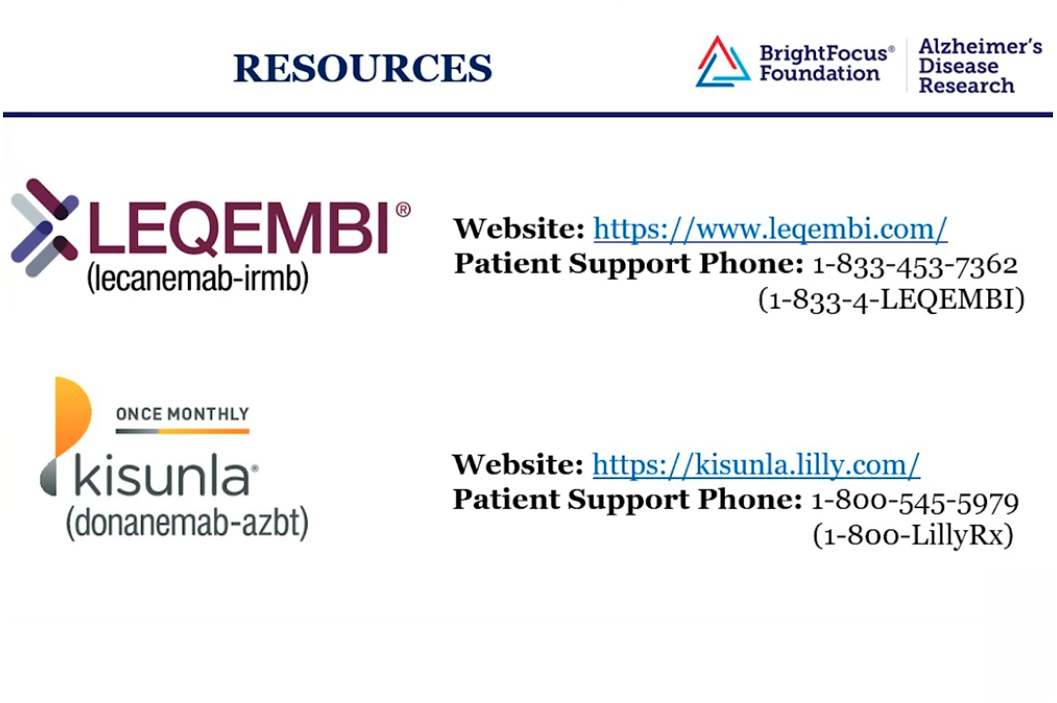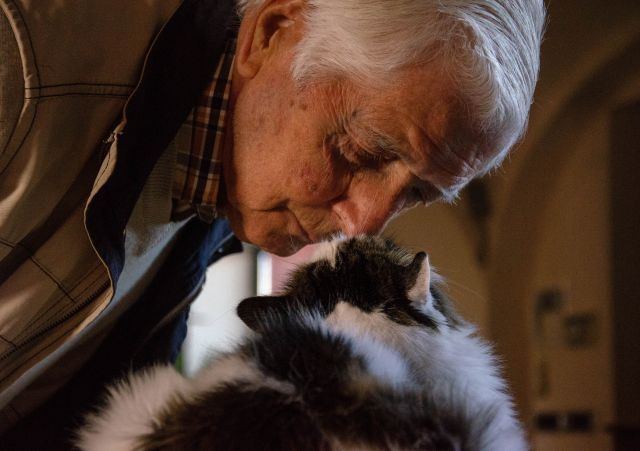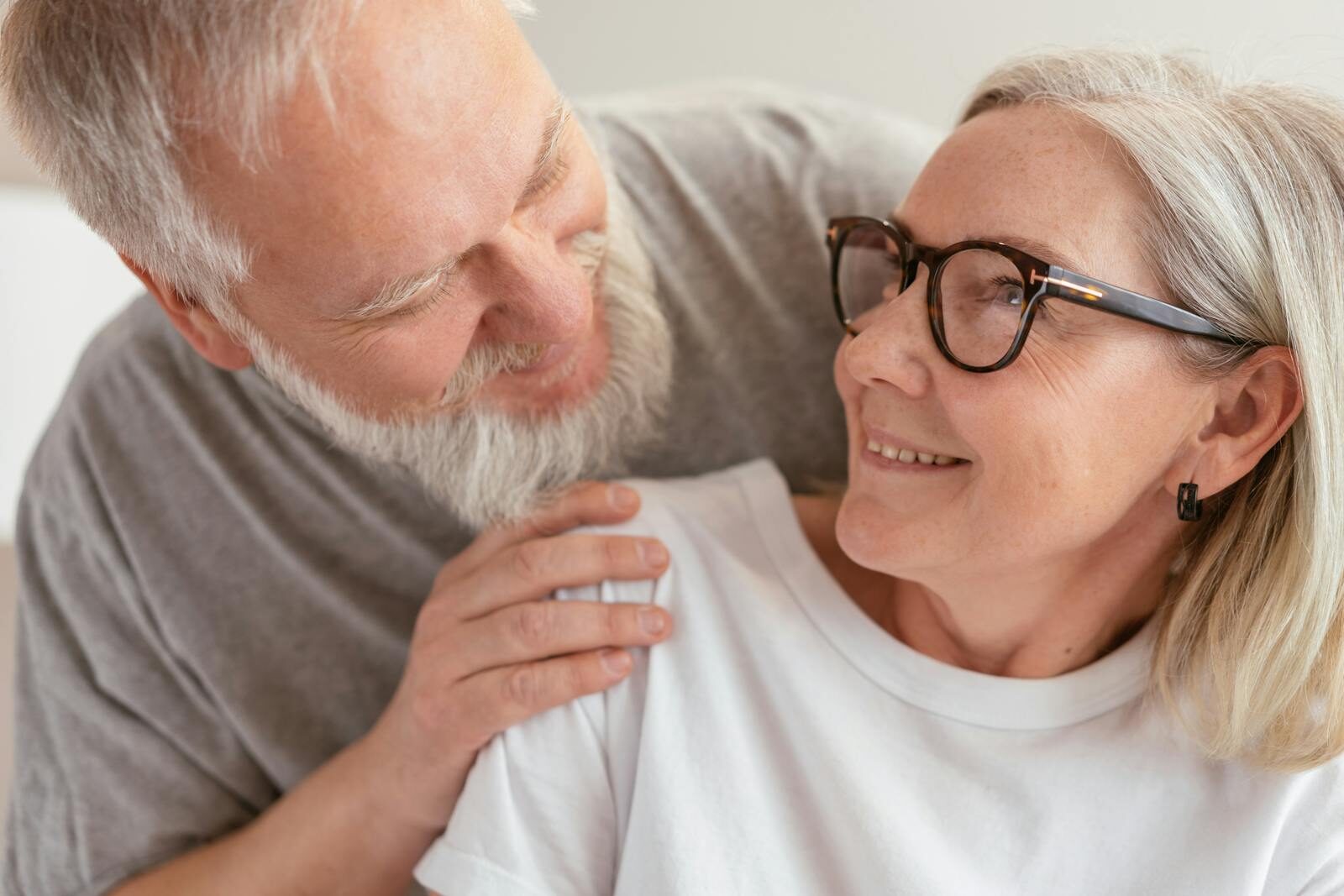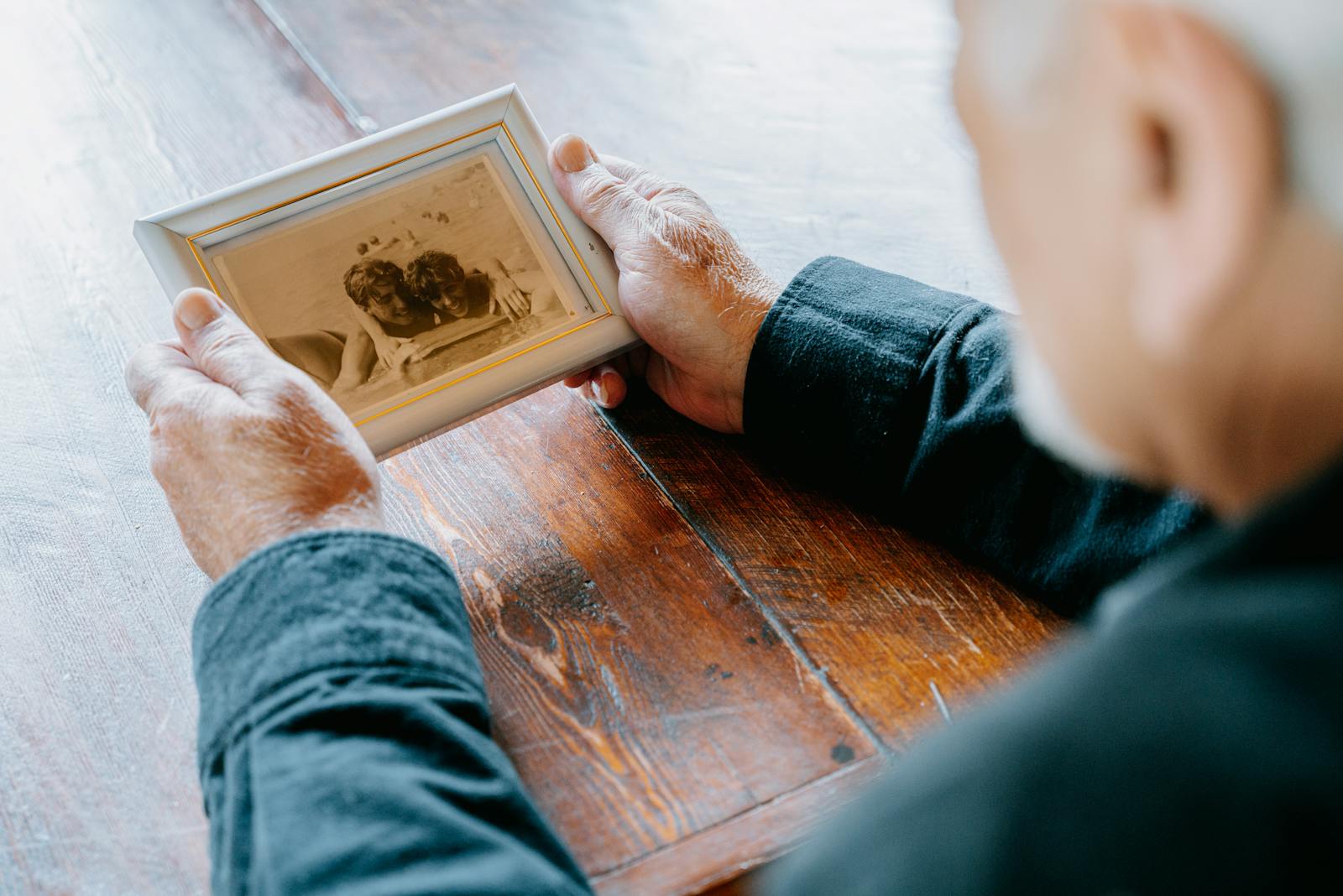
NIH Announces Good News on Alzheimer’s Research Funding
Dr. Francis Collins, director of the National Institutes of Health (NIH), just gave Americans a dose of good news on Alzheimer’s research. Find out what

Dr. Francis Collins, director of the National Institutes of Health (NIH), just gave Americans a dose of good news on Alzheimer’s research. Find out what

VIDEO See how NAPA (National Alzheimer’s Project Act) legislation is galvanizing U.S. efforts to combat Alzheimer’s and related dementias. Learn how it supports patients and

50,000 volunteers (with and without Alzheimer’s) are needed to participate in hundreds of clinical trials. People with Alzheimer’s, their families, and those who serve them

The FDA has a new Alzheimer’s-fighting plan. They are seeking public comments for the next 60 days. They plan to identify and study patients with

In 1994, Congress designated the Martin Luther King Jr. Federal Holiday, January 21, as a national day of service. Learn about opportunities to lend your

Higher midlife omega-3 levels were linked to lower early-onset dementia risk. It’s not proof — but it’s a meaningful signal worth paying attention to.

In a one-hour seminar, a leading neurologist answers the most important questions families ask about what these new therapies can realistically deliver — from effectiveness and safety to eligibility, infusion logistics, cost, and access.

Here’s a good activity caregivers can use easily, contributed by one of our readers. It’s a simple game, great in mid-stage Alzheimer’s.

Researchers in Florida find that robotic pet cats improve mood, behavior and cognition in older adults with mild to moderate dementia. Find out more.

Ketone-rich diets increase the SIRT3 protein that protects neurons from death during the progression of Alzheimer’s disease. But how does it work? Find out more.

Memory failing? New research shows you may need help, but not for dementia. Memory slips, stress and fatigue are growing in people with healthy memory.

People worry about becoming forgetful. Is it the first sign of Alzheimer’s or just the passing years? After all, forgetfulness is a normal part of aging. Check out these quick ways to tell the difference.
No spam, only news and updates.


